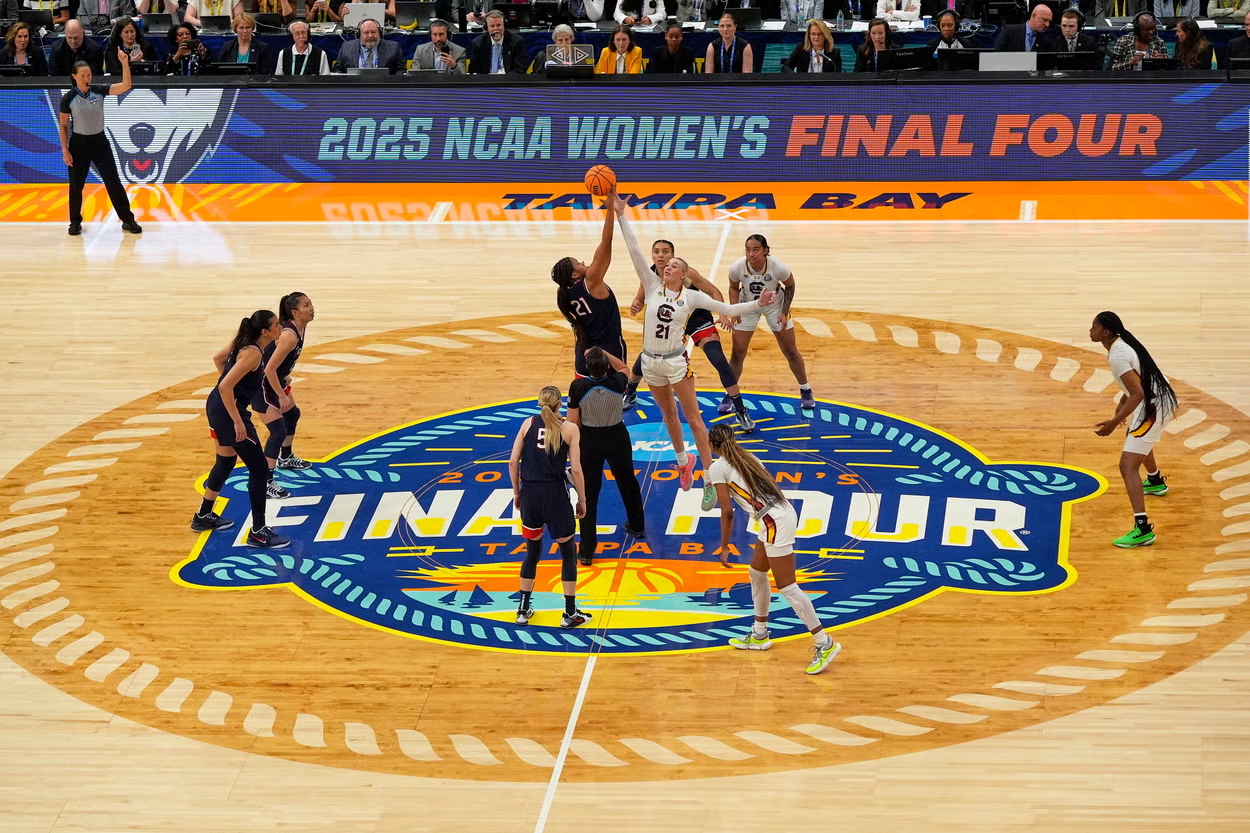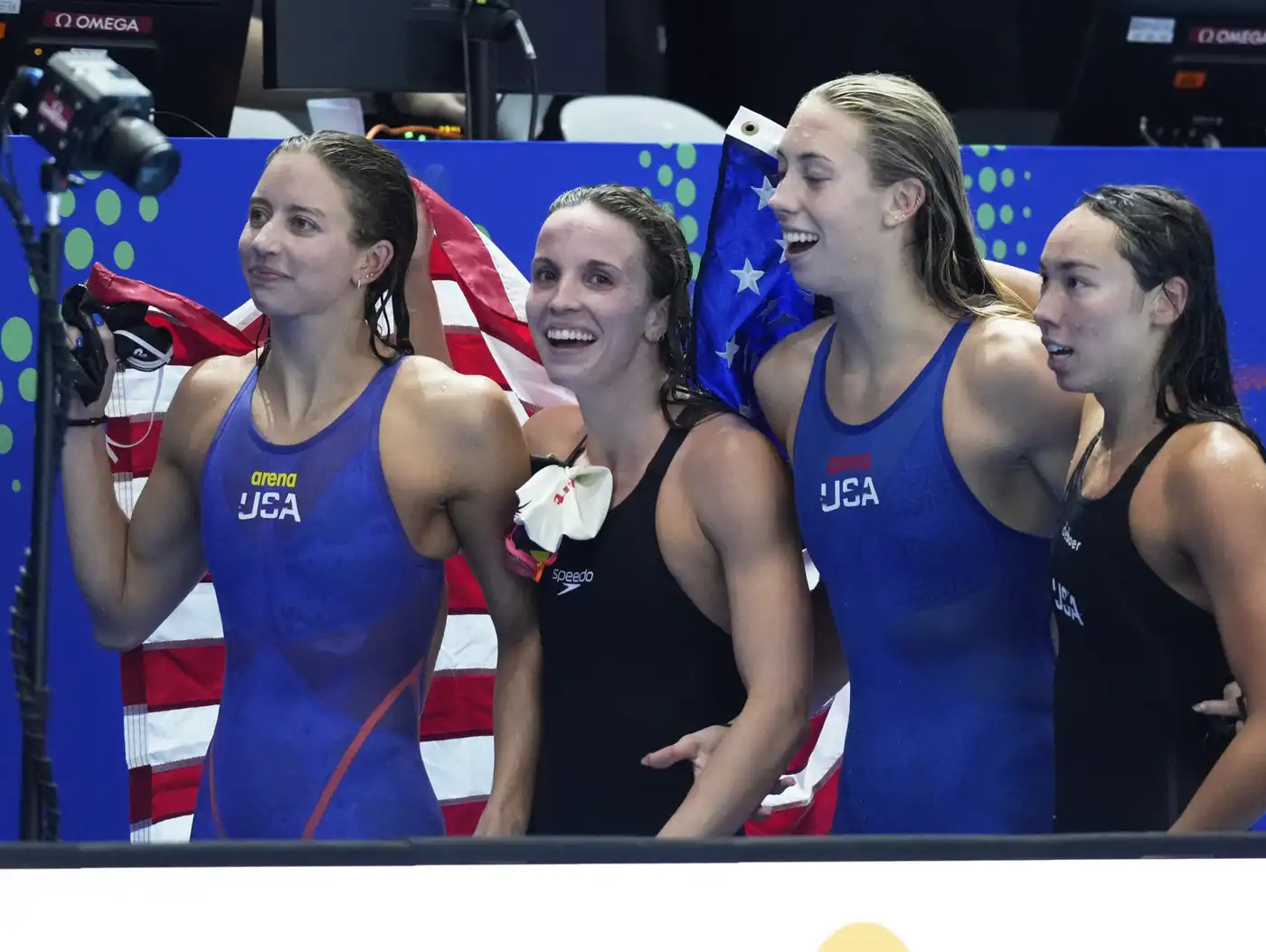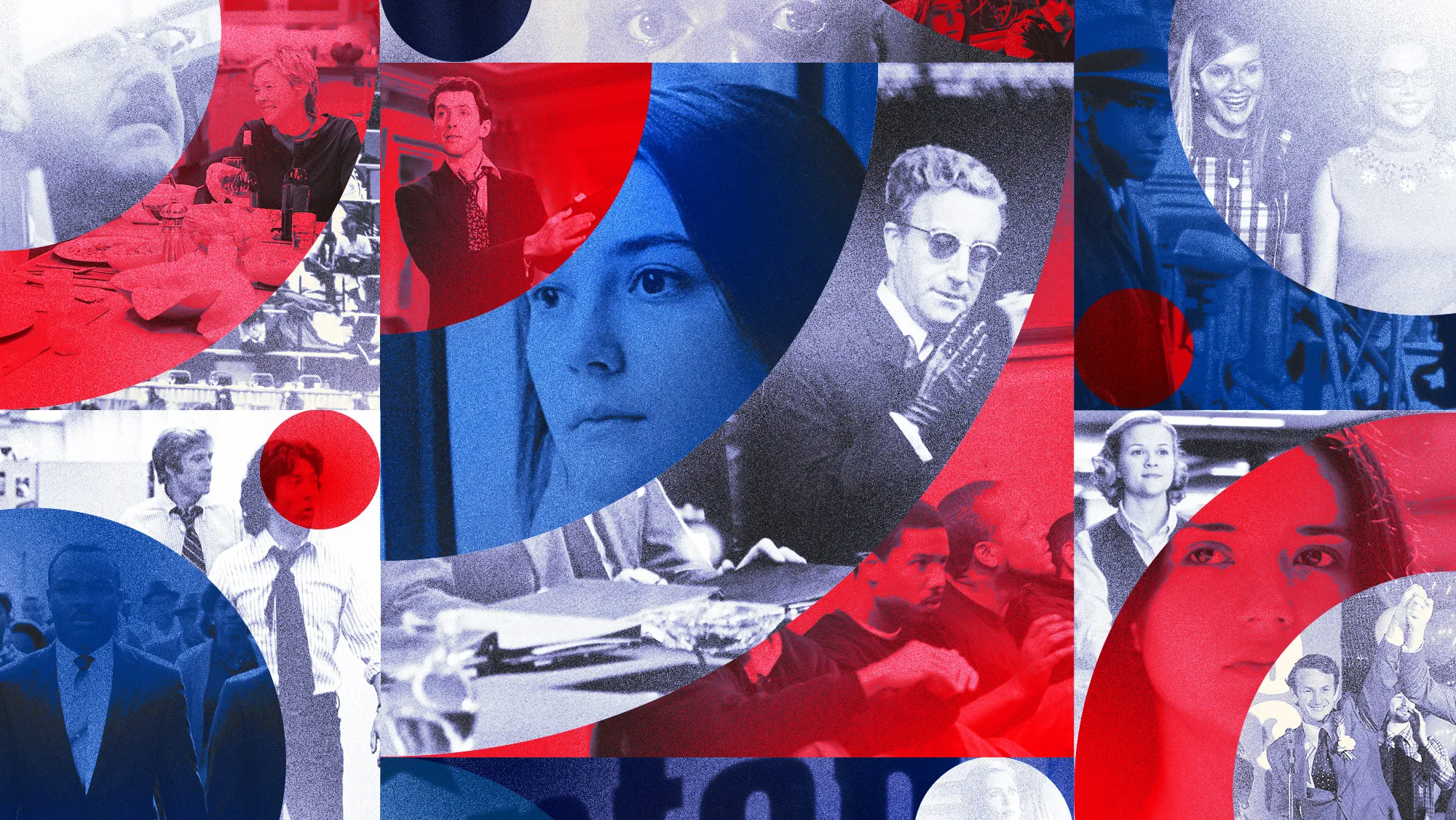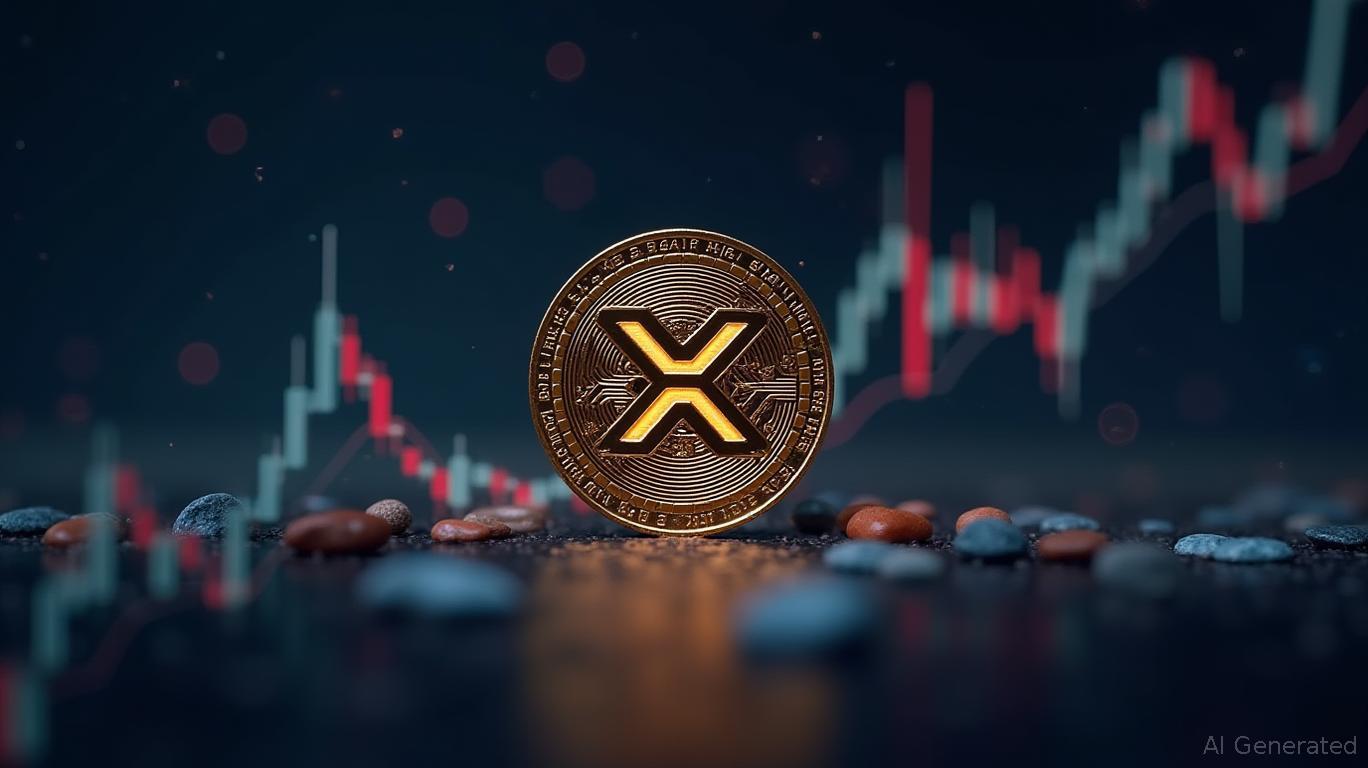
The Growing Rift Between Professional and College Sports
In recent times, a significant shift has taken place within the landscape of American sports. Historically, college athletics have enjoyed a unique standing—operating under a different set of regulations than professional sports. However, this exemption from antitrust laws has come under increasing scrutiny, especially from the perspective of professional athletes.
The core issue lies in the >antitrust exemptions granted to college sports. Such exemptions essentially give college athletics a free pass to operate with fewer restrictions, thereby impacting market competition, athlete rights, and fair compensation structures. Professional athletes, who have long operated under the umbrella of open competition and fair labor practices, are voicing their opposition, asserting that these exemptions create an uneven playing field.
Why Are Pro Athletes Opposed to the Exemptions?
Preservation of Fair Competition
One of the primary reasons for the opposition is the concern over fair competition. Professional athletes often see college sports as a vital part of the sports ecosystem. However, the exemption from antitrust laws allows college programs to impose restrictions on athletes that would be deemed unfair in a typical labor market. Examples include limited athlete compensation, restrictions on transfer rights, and exclusive recruiting practices that disadvantage athletes and other stakeholders.
Impact on Athlete Rights and Compensation
Pro athletes argue that the exemption allows college programs to profit from athlete labor without providing equitable compensation. Unlike their professional counterparts, college athletes do not receive a fair share of revenue generated from sporting events, merchandise, and broadcasting rights. This disparity fuels ongoing debates on whether college athletes should be granted more rights, including the ability to monetize their name, image, and likeness (NIL).
Market Monopoly and Lack of Transparency
Crucially, the antitrust exemption consolidates the market power of college athletic associations, enabling them to operate in a virtually monopolistic manner. Professional athletes emphasize that this lack of transparency hinders market competition and fosters unfair practices that disadvantage athletes and other stakeholders. They believe that removing these exemptions would foster a more equitable environment where market forces can truly dictate the terms.
The Broader Implications of Maintaining Exemptions
Legal and Economic Consequences
The ongoing resistance from professional athletes underscores a broader tension between tradition and fairness in sports law. If such exemptions are maintained, it could lead to entrenched disparities that stagnate progress towards athlete rights and compensation reform. Conversely, lifting these exemptions might open pathways for athletes to organize better and secure more equitable economic benefits.
Repercussions for College Sports Evolution
Allowing antitrust laws to apply uniformly across professional and college sports could lead to significant changes in how college athletics are operated. This could include increased transparency, athlete bargaining power, and revenue sharing mechanisms. Such reforms could ultimately transform the college sports industry from a largely amateur framework to one more aligned with professional standards.
The Role of Policy Makers
Government regulators and lawmakers are increasingly being called upon to review the current statutes that grant these exemptions. Pro athletes and advocacy groups are urging policymakers to reconsider the traditional protections enjoyed by college sports—arguing that they are outdated and inconsistent with contemporary views on fair labor practices and market competition.
Pro Athletes’ Perspectives and Calls for Change
The opposition from US pro athletes reflects a shift towards advocating for greater athlete agency. Many believe that the current system prioritizes institutional profits over individual athlete welfare. They are calling for reforms that will recognize athletes as employees with certain rights, including fair pay, health benefits, and transfer flexibility.
Some of the key demands from pro athletes include:
- Fair compensation for the revenue generated by college sports programs.
- Improved athlete rights, such as the ability to profit from personal branding and endorsements.
- Transparency in revenue sharing and contractual negotiations.
- Protection from exploitative recruiting practices and unfair restrictions on transfer rights.
- Implementation of protections against injuries and health issues that can have long-term impacts.
Potential Outcomes and Future Directions
The ongoing dissent from pro athletes is likely to influence legislative and judicial proceedings surrounding college sports. As public opinion shifts towards athlete empowerment, lawmakers may face increasing pressure to revoke or reform the current antitrust exemptions.
There is also growing attention from stakeholders within the collegiate sports ecosystem—universities, conferences, and governing bodies—who are grappling with balancing tradition with fairness. Some institutions are already exploring ways to provide better health coverage and financial support to athletes, signaling a potential shift in policy direction.
Conclusion
The resistance from US pro athletes against college sports’ antitrust exemptions marks a pivotal moment in the evolution of American athletics. While tradition and institutional interests have historically preserved these exemptions, the voices demanding fairness, transparency, and athlete rights are gaining momentum. It remains to be seen how policy, legal action, and societal values will reshape the future of college sports and athlete compensation.
For more updated news please keep visiting Prime News World.








